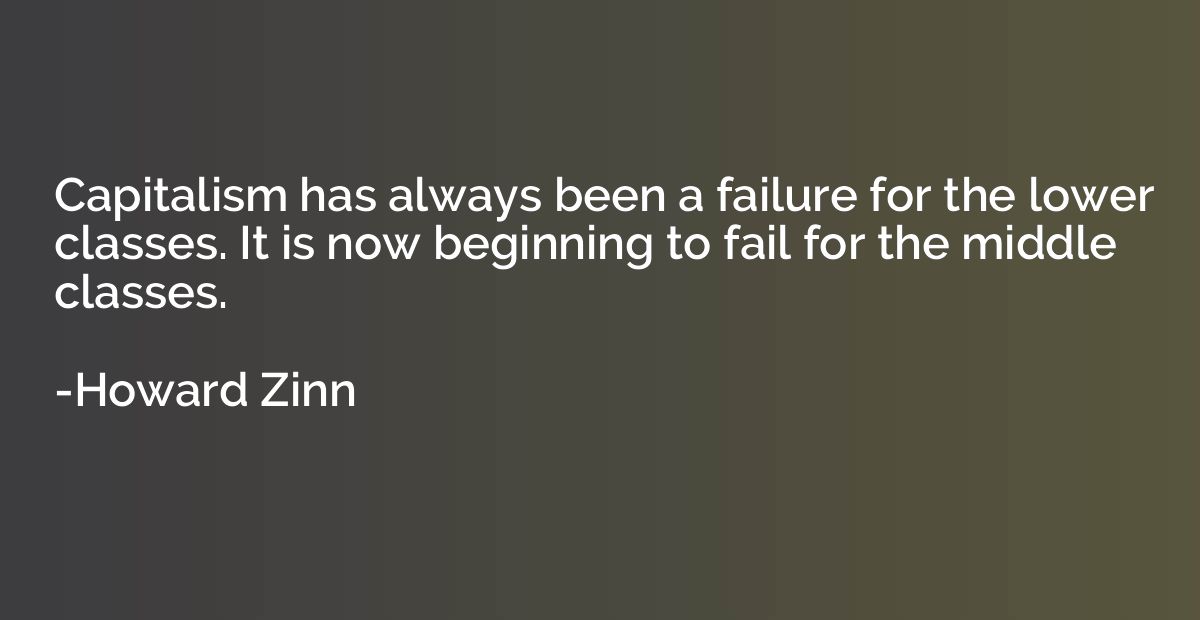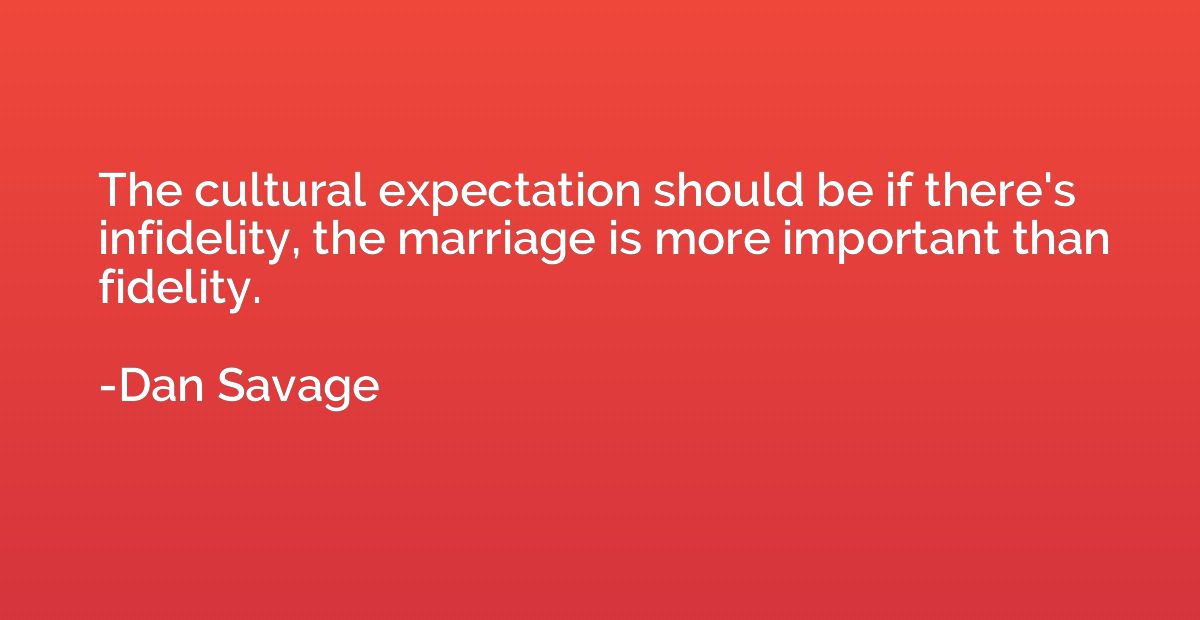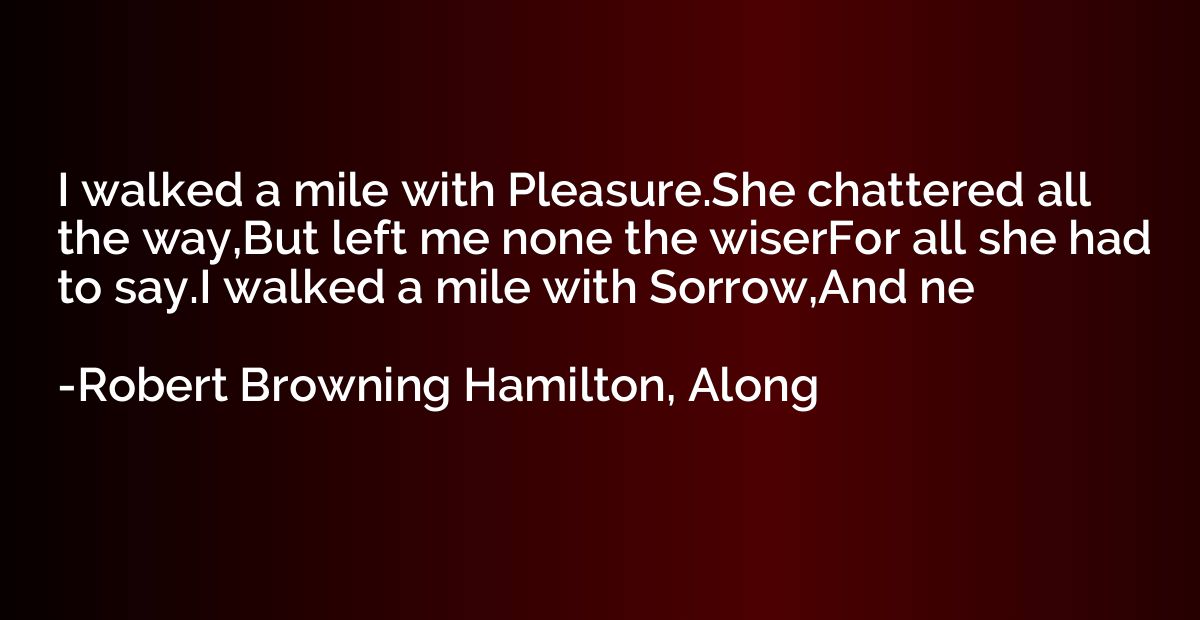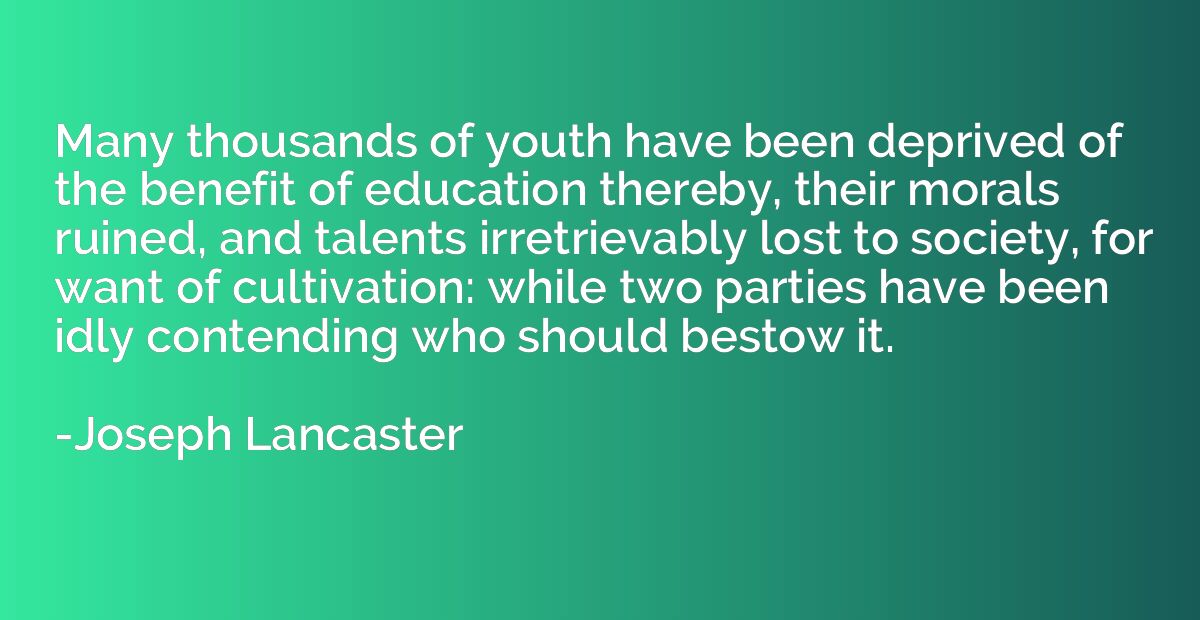Quote by Evelyn Underhill, The Mastery of
And so we take a holiday, a vacation, to gain release from this bondage for a space, to stand back from the rush of things and breathe again. But a holiday is a respite, not a cure. The more we need holidays, the more certain it is that the disease has conquered us and not we it. More and more holidays just to get away from it all is a sure sign of a decaying civilization; it was one of the most obvious marks of the breakdown of the Roman empire. It is a symptom that we haven't learned how to live so as to re-create ourselves in our work instead of being sapped by it. A car should always be charging its battery as it runs. If it simply uses up without putting back, it has to go into dock to be recharged. It is not a sign that we are running particularly well if we are constantly needing to go into dock.
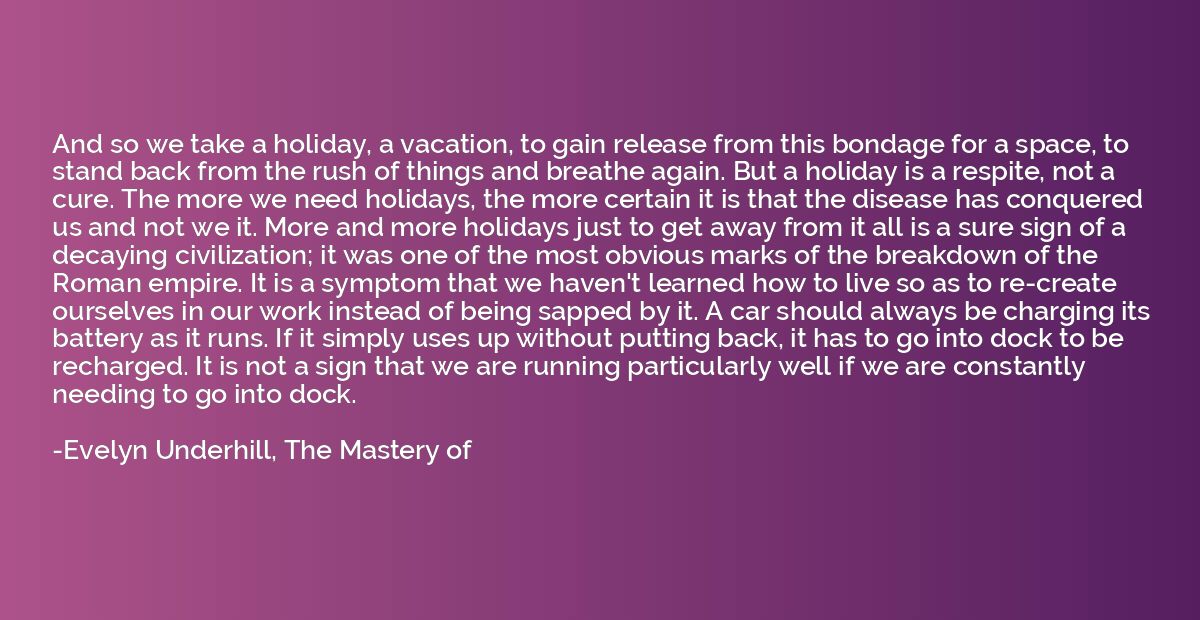
Summary
This quote by philosopher and writer Dorothy Sayers explains the concept of vacations and their significance in our lives. While vacations can provide temporary relief from the stresses and burdens of daily life, they do not serve as a permanent solution to our problems. If we constantly feel the need for holidays, it suggests that we have allowed the demands of modern life to overpower us instead of finding a healthy balance. The increase in the desire to "get away from it all" is a sign of a decaying society and the breakdown of its values. To truly rejuvenate ourselves, we must learn to find fulfillment and satisfaction in our work and not become depleted by it.







